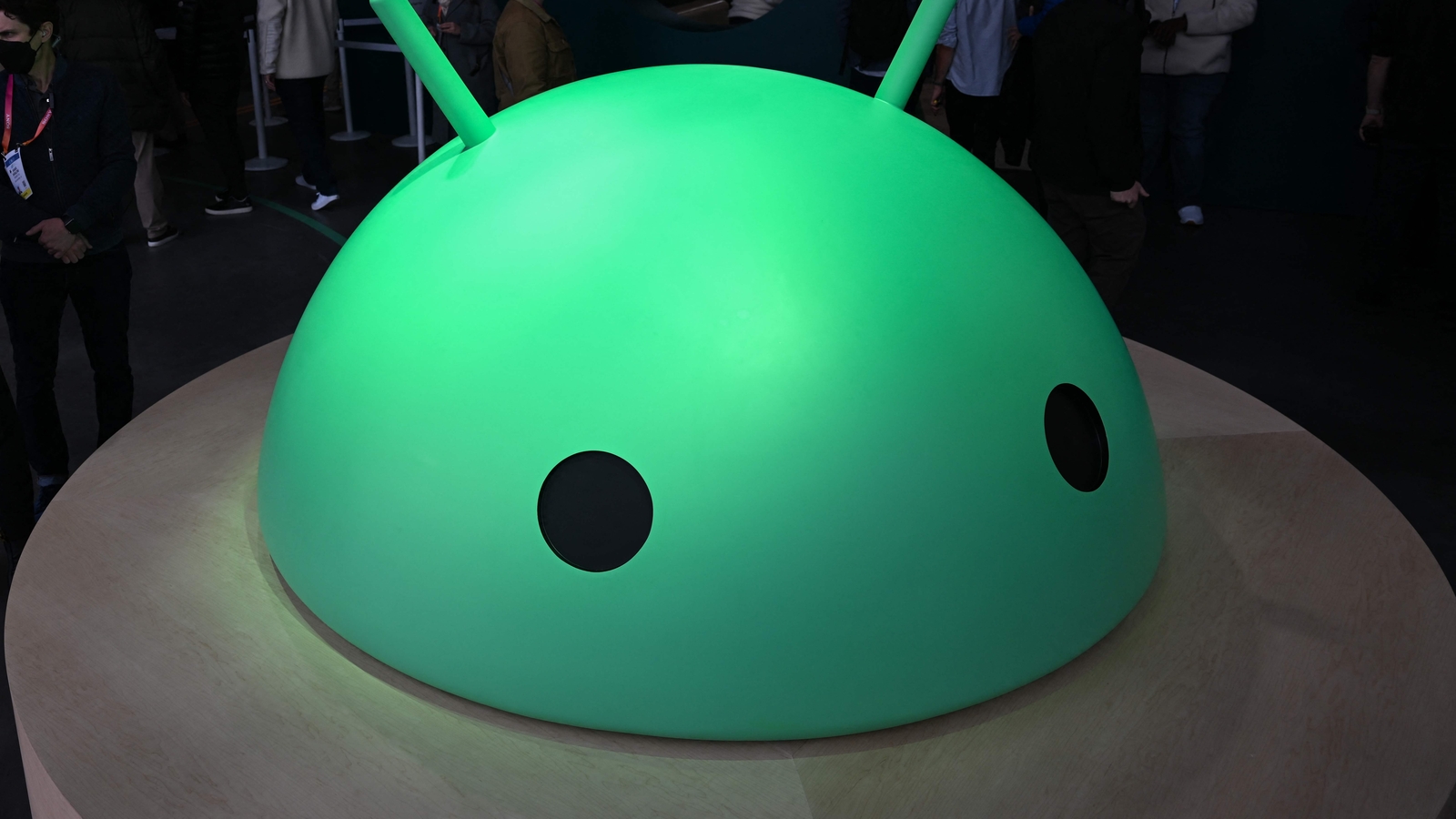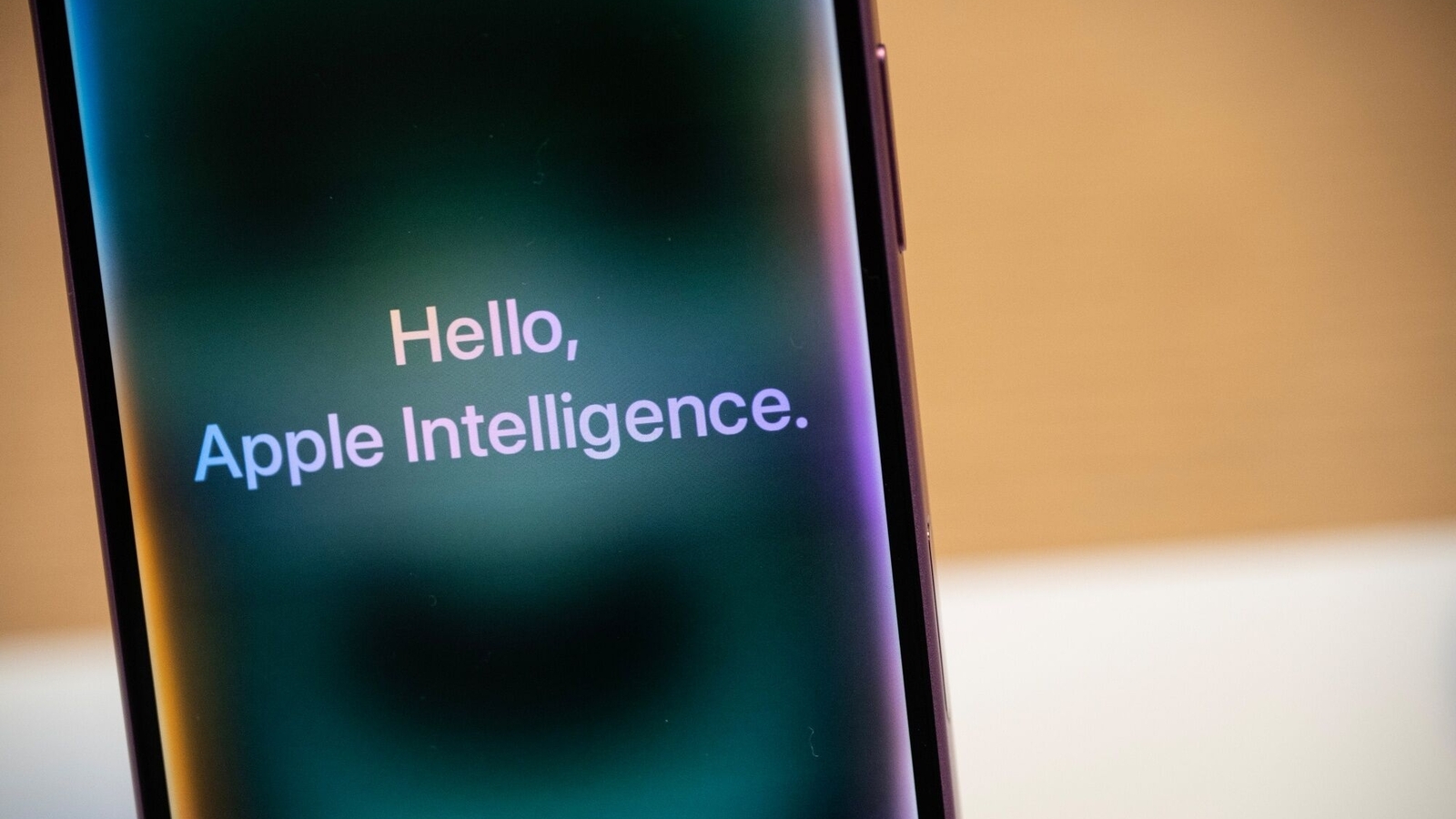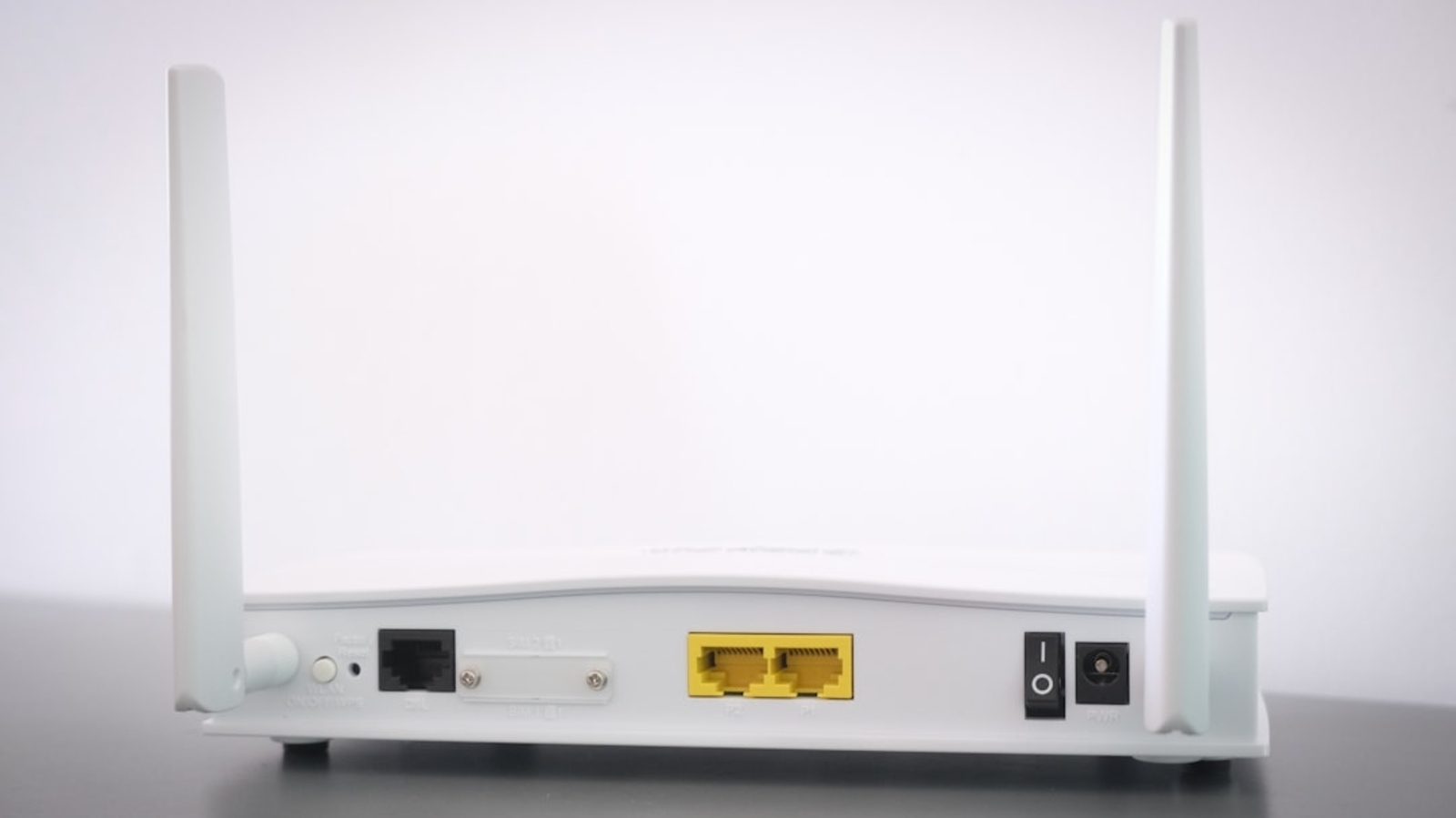In a bid to boost the security of the Android operating system, Google has launched a brand-new system update for the month of April. This brings a new security feature which will automatically restart your Android device if it has been locked for three straight days.

Simply put, if you do not access your Android phone for three days and it remains locked, Android will automatically restart your phone. However, the interesting bit surrounding this feature is that this isn’t the first time a major operating system has implemented something similar. Apple rolled out a comparable feature last November with iOS 18.1. Notably, this makes things rather difficult for potential thieves who might be lurking around. This was first reported by 404 Media in November last year.
Also Read: Infinix Note 50s 5G+ set to launch in India with 64MP camera and MediaTek Dimensity 7300 SoC
So, what exactly does this feature bring to the table?
This feature is part of the Security and Privacy update, and Google describes it as a way to automatically restart your device if it has been locked for three consecutive days. However, unlike Apple’s implementation, it isn’t clear how exactly Google is handling this.
As for why it matters, well, it makes things difficult not just for thieves but also for law enforcement officials, as it is reportedly harder to unlock a phone immediately after it has been rebooted.
Why is that so? On Apple phones, the data is stored under two encryption states: Before First Unlock (BFU) and After First Unlock (AFU). Before you unlock your phone, you may have noticed that there’s very little you can do. Only limited actions are allowed, as the device is more secure in this state.
Until and unless you unlock your device using biometrics or a passcode, it will remain in the Before First Unlock state, making it more secure than the AFU mode. This is what makes a reboot so effective: it places the phone in the BFU state, which is significantly more secure, based on this logic.
That being said, Google hasn’t revealed exactly how it handles this process. But in Apple’s case, we do know how it works.
What else has Google rolled out with the April system update?
The April 2025 update consists of Private Compute Services version 25, dated 15 April 2025, and Google Play Services version 25.14, dated 14 April 2025. Google says it brings bug fixes for account management-related services. It also improves device connectivity, with receivers now able to preview content being transferred via the Quick Transfer feature. There are also fixes for device connection-related services.
There are location-related updates as well, including aesthetic revamps to the on-device location history settings page, now using Google Material components.
Additionally, system management services have received updates, particularly the location time zone provider, and the UI for the Usage and Diagnostics screen has been updated.
As for the Google Play Services update, users can now nickname their wallet passes inside the Wallet app. There are also battery life and device connectivity improvements. And finally, there’s a new Ask a Question feature for videos.
Also Read: CMF Buds 2 key features and price revealed ahead of April 28 launch: Details inside











Leave a Reply